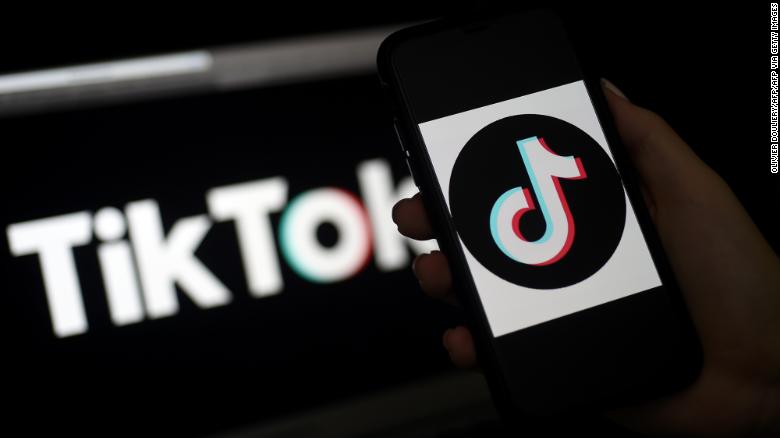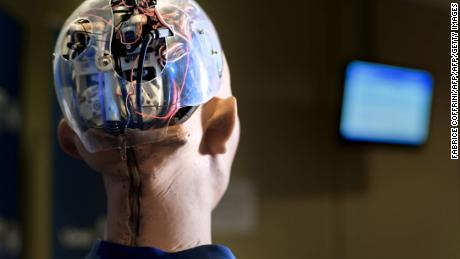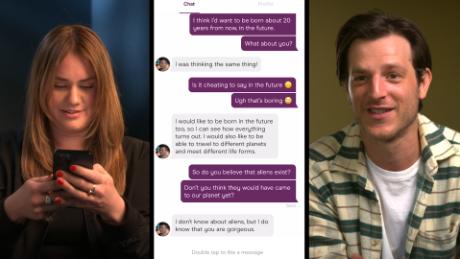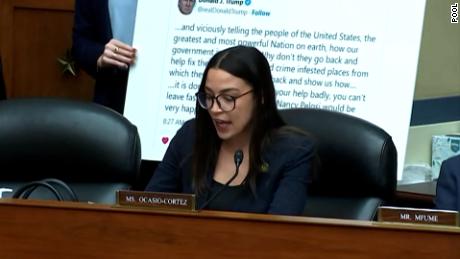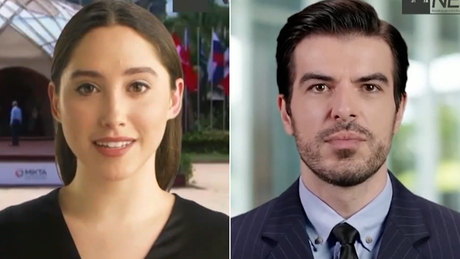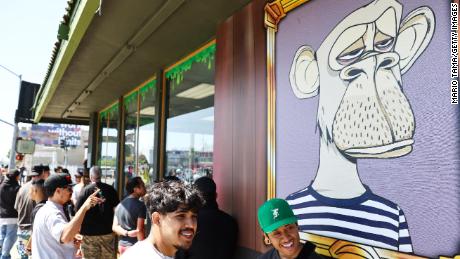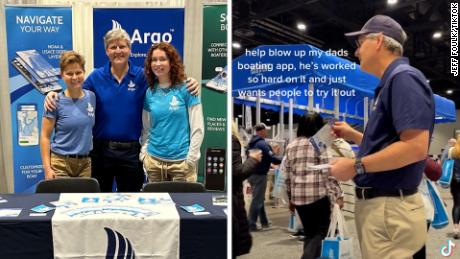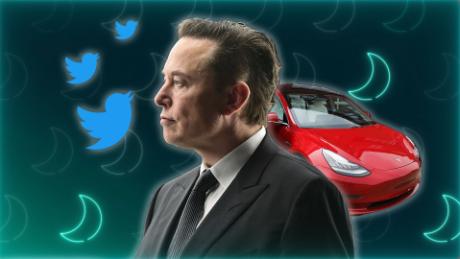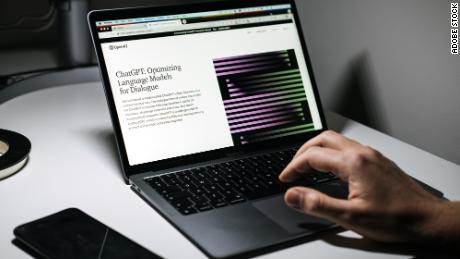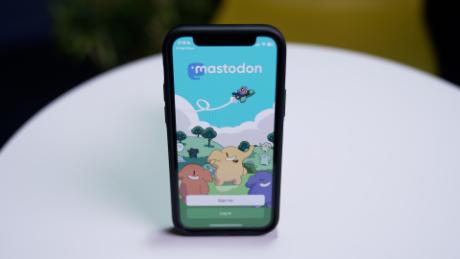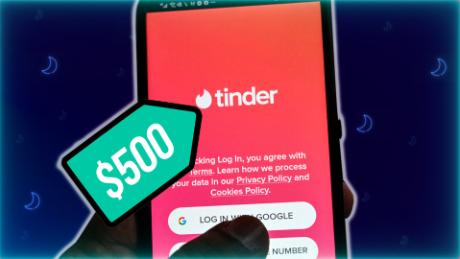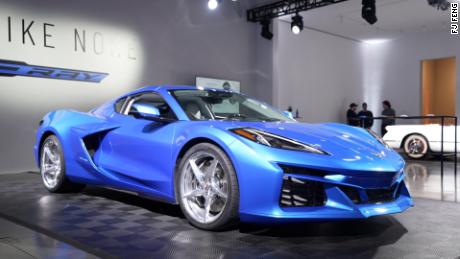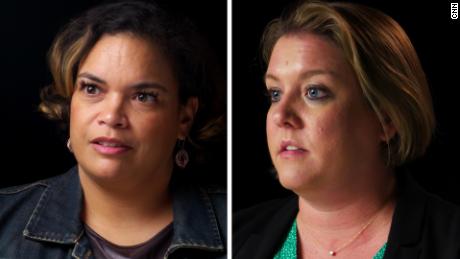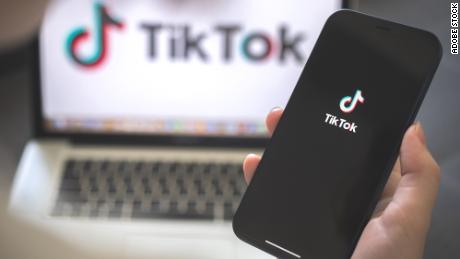(CNN Business)On Wednesday, Facebook CEO Mark Zuckerberg pushed back against claims that his company is too dominant by name dropping a list of his competitors. Almost all of the ones he cited were other Big Tech companies whose CEOs were appearing virtually beside him at that very moment in a high-profile antitrust hearing.
But one company on his list could truly be viewed as a threat to Facebook (FB) and it wasn't named Amazon (AMZN), Apple (AAPL) or Google (GOOGL). "The fastest growing app," Zuckerberg said in his opening remarks at the hearing, "is TikTok."
That may not be true for long.
Late Friday night, President Donald Trump said he will ban the popular short-form video app from operating in the United States. The Trump administration had previously said it was considering a ban amid heightened tensions between the US and China. (TikTok, for its part, says it's not going anywhere.)
Ever since the 2016 US election, there has been a growing consensus on Capitol Hill that Silicon Valley needs to be reined in, with Democrats pointing to concerns about the biggest companies' market power and content moderation flaws and Republicans focusing on a perception of anti-conservative bias on the platforms.
Shortly before the antitrust hearing kicked off on Wednesday, Trump tweeted: "If Congress doesn't bring fairness to Big Tech, which they should have done years ago, I will do it myself with Executive Orders."
But Trump's decision to ban TikTok outright, which comes more than a month after tens of thousands of TikTok users trolled the Trump campaign by reserving tickets for a Tulsa rally they did not attend, may only make some of these powerful companies at the hearing -- most notably Facebook and Google -- even more dominant.
For all the controversy over TikTok's connections to China through its parent company, ByteDance, which is based in Beijing, the video app is perhaps the only social media service in recent years that poses a true risk to the bigger platforms that have long dominated the space.
In a short period of time, TikTok amassed some 100 million users in the US, many of them part of a younger demographic coveted by advertisers and tech companies alike. It gave birth to a new crop of social media stars, viral memes and has had an impact on popular culture.
In a sign of the competitive threat TikTok posed, both Facebook and Google have attempted to clone features from the app. In June, Google-owned YouTube began testing a 15-second video feature, similar to TikTok. And last month, Facebook-owned Instagram announced that its TikTok knockoff is going global.
TikTok nodded to some of these threats in remarks before this week's antitrust hearing.
"To those who wish to launch competitive products, we say bring it on. Facebook is even launching another copycat product, Reels (tied to Instagram), after their other copycat Lasso failed quickly," Kevin Mayer, TikTok's recently hired American CEO, wrote in a blog post. "But let's focus our energies on fair and open competition in service of our consumers, rather than maligning attacks by our competitor -- namely Facebook -- disguised as patriotism and designed to put an end to our very presence in the US."
Assuming the Trump administration's ban moves forward, that will mean less competition in a market already criticized for having too little. And the same social media companies Trump has previously criticized and gone after with an executive order, including Facebook and Twitter (TWTR), may wind up stronger for it. That said, a president banning a hugely popular app would certainly put the increasingly powerful tech industry on notice.
Even if the app isn't banned in the US, there's a chance it will be sold and the current suitor being mentioned is Microsoft -- yet another Big Tech company.
